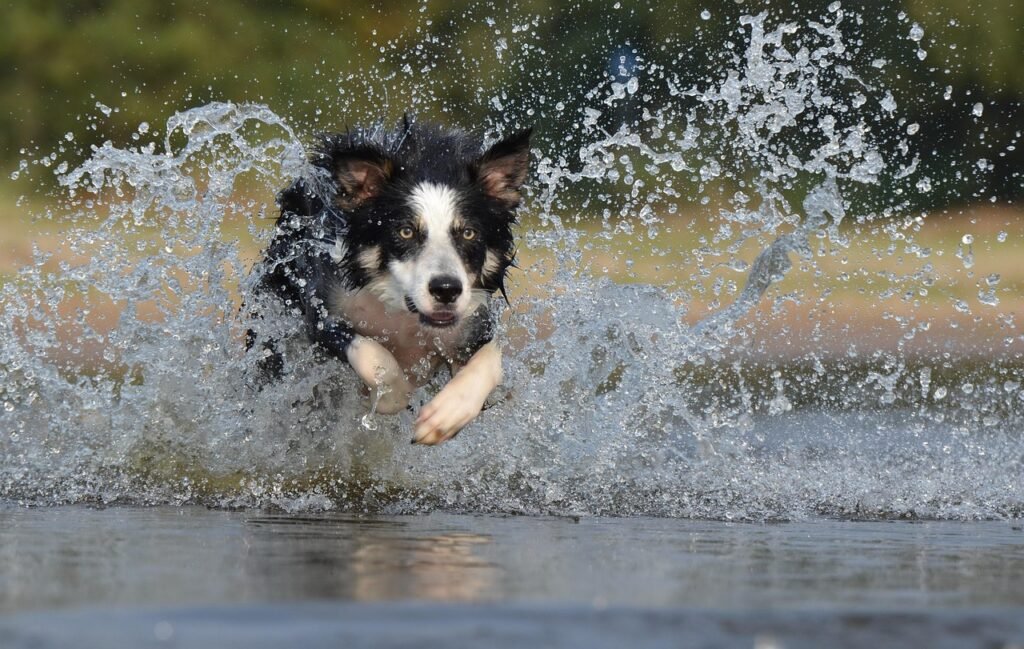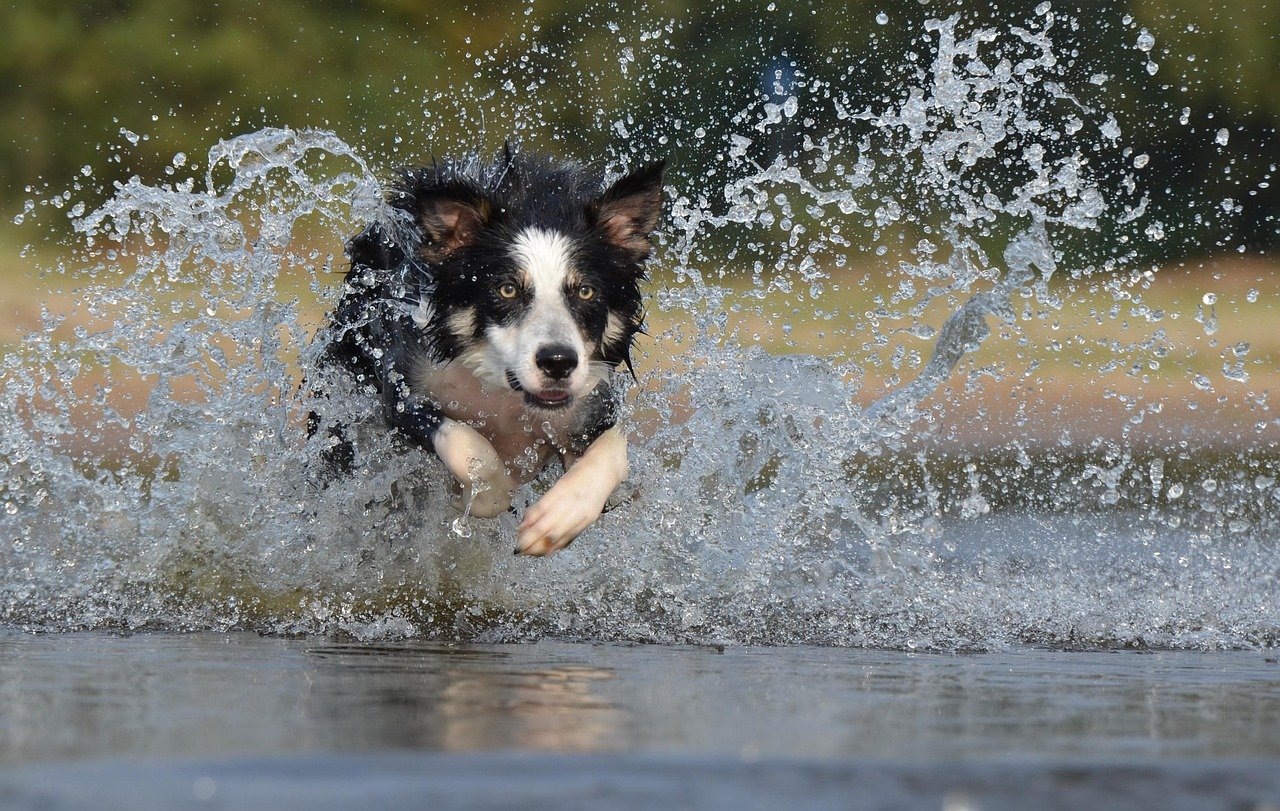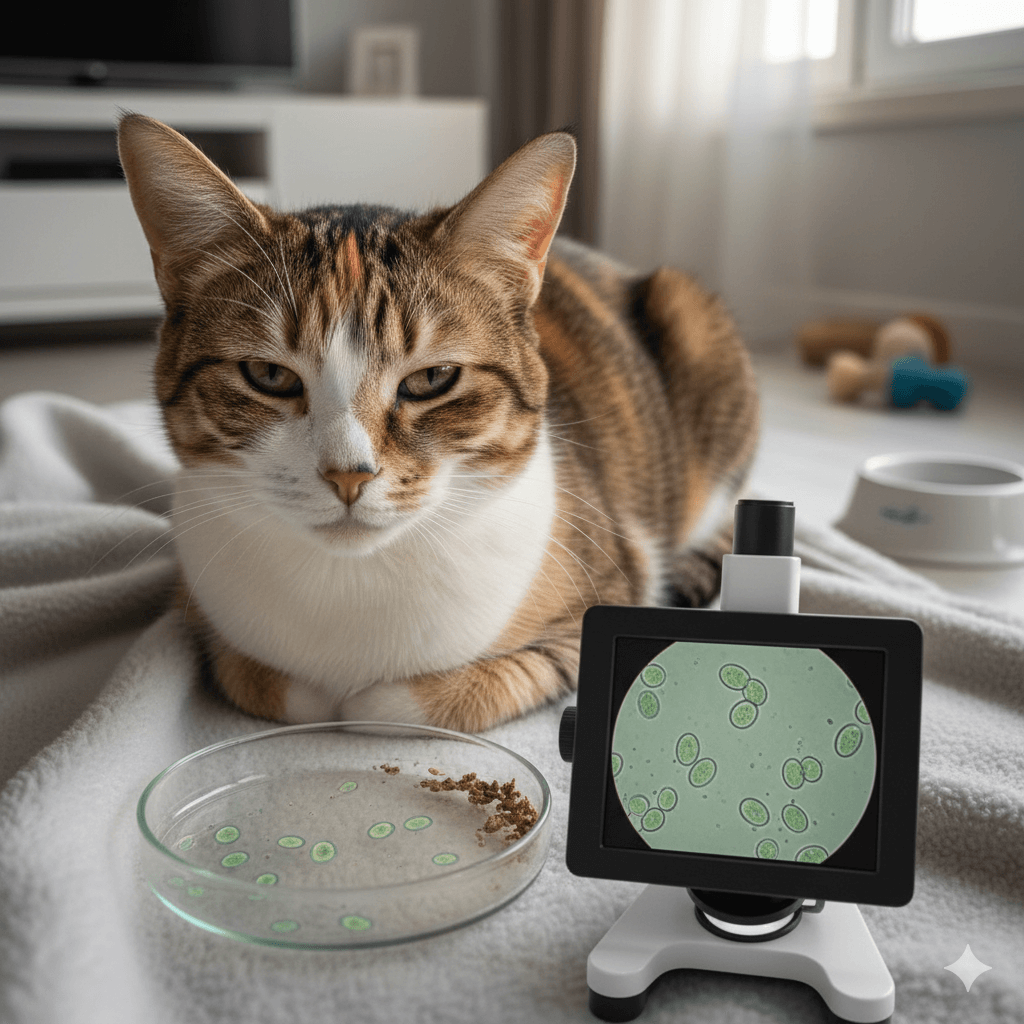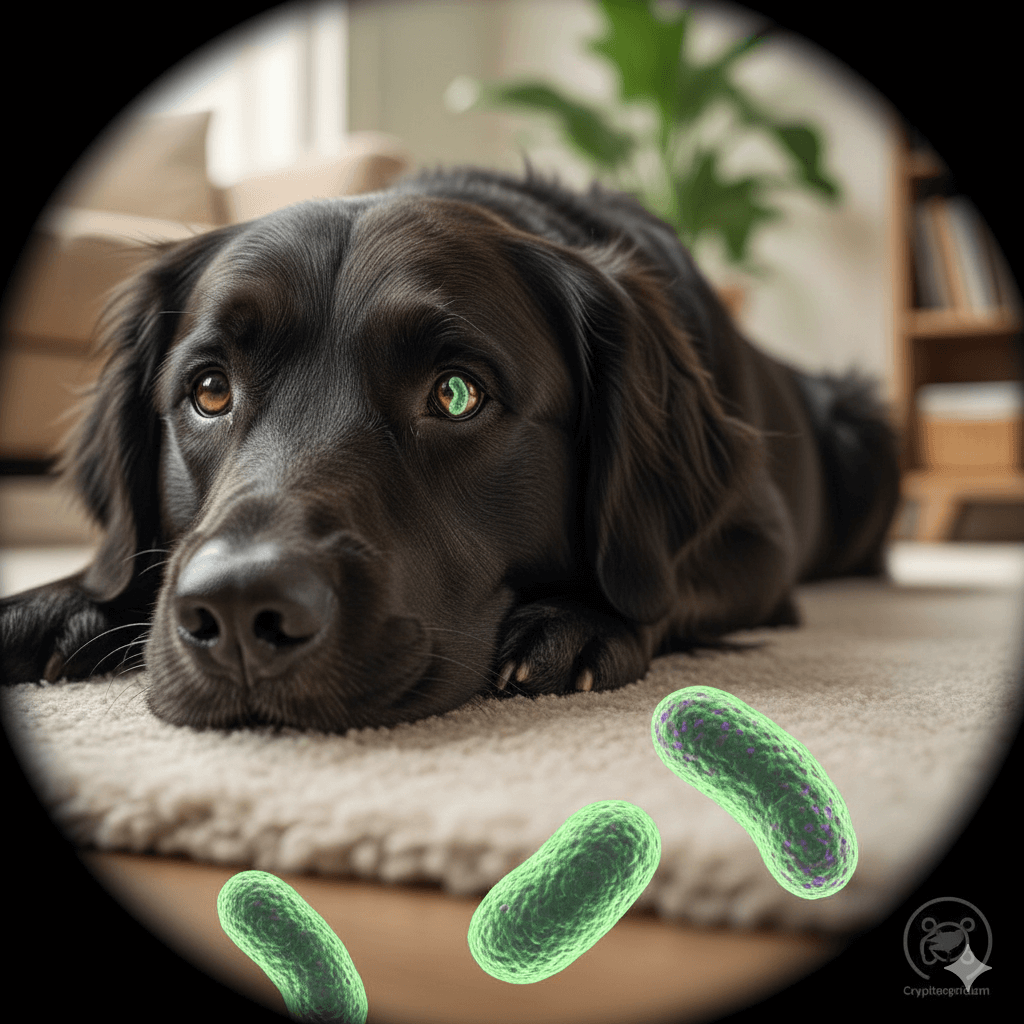Will a Dog with Bloat Drink Water? Understanding the Signs and Risks
Bloat, or gastric dilatation-volvulus (GDV), is a life-threatening condition that can affect dogs of all breeds and sizes. It occurs when a dog’s stomach fills with gas, fluid, or food, causing it to expand and potentially twist. This twisting cuts off blood flow and traps the contents inside the stomach, leading to severe complications. One common question pet owners ask is whether a dog with bloat will drink water. Understanding this behavior is crucial because recognizing early signs can save your dog’s life. In this blog post, we’ll explore the relationship between bloat and water consumption, provide practical tips for prevention, and explain what to do if you suspect your dog is suffering from this dangerous condition.
Key Symptoms of Bloat in Dogs
Bloat is an emergency that requires immediate veterinary attention. Knowing the symptoms can help you act quickly. Below are some of the most common signs to watch for:
A swollen or distended abdomen
Unsuccessful attempts to vomit or retching
Restlessness or pacing
Excessive drooling or panting
Signs of pain, such as whining or discomfort when lying down
If you notice any of these symptoms, especially in combination, it’s critical to contact your veterinarian immediately. Early intervention can make a significant difference in your dog’s prognosis.
Why Does Bloat Occur? Common Risk Factors
Understanding the causes and risk factors of bloat can help you take preventive measures. While the exact cause of bloat isn’t always clear, certain factors increase the likelihood of its occurrence:
Large breed dogs, such as Great Danes, German Shepherds, and Boxers, are more prone to bloat
Eating large meals too quickly can lead to excessive air swallowing
Stressful environments or sudden changes in routine may trigger bloat
Age plays a role, with older dogs being at higher risk
Genetic predisposition can increase susceptibility
By addressing these risk factors, you can significantly reduce the chances of your dog developing bloat. Always consult your vet for personalized advice tailored to your pet’s needs.
Check this guide 👉Recognizing the Signs of Bloat in Dogs: Best 7 Expert Tips!

Preventive Measures | Signs Your Dog Needs Immediate Help |
|---|---|
Feed smaller, more frequent meals | Swollen abdomen |
Use elevated feeding bowls | Unsuccessful vomiting attempts |
Avoid exercise right after meals | Excessive drooling |
Monitor stress levels | Restlessness or pacing |
Regular vet check-ups | Visible signs of pain or distress |
What Should You Do If You Suspect Bloat?
Time is of the essence when dealing with bloat. Acting quickly can save your dog’s life. Here’s what you should do if you suspect your dog is experiencing bloat:
Stay calm but act swiftly to avoid panic
Do not attempt to give your dog water or food
Call your veterinarian or an emergency clinic immediately
Keep your dog as comfortable as possible while transporting them
Follow any instructions provided by the vet over the phone
Remember, only a professional can diagnose and treat bloat effectively. Delaying treatment can lead to irreversible damage or death.
Can Diet Influence the Risk of Bloat?
Diet plays a vital role in your dog’s overall health and can influence their risk of developing bloat. Making informed choices about what and how you feed your dog can help mitigate risks:
Opt for high-quality, easily digestible dog food
Avoid foods with excessive fat or oil content
Incorporate fiber-rich ingredients to promote healthy digestion
Limit table scraps and human food, which can upset your dog’s stomach
Consult your vet before making drastic dietary changes
A balanced diet tailored to your dog’s specific needs can go a long way in reducing the likelihood of bloat.
Common Breeds Prone to Bloat
Bloat is more common in certain breeds due to their physical characteristics and genetic predispositions. If you own one of these breeds, it’s essential to be extra cautious about prevention and early detection. Here are some breeds that are particularly at risk:
Great Danes
German Shepherds
Boxers
Saint Bernards
Doberman Pinschers
If your dog belongs to one of these breeds, regular vet check-ups and preventive measures are crucial to minimize the risk of bloat. Early awareness can save lives.
Signs That Your Dog Is Dehydrated
Dehydration can sometimes mimic or worsen symptoms associated with bloat. It’s important to recognize the signs of dehydration to ensure your dog stays healthy and hydrated. Here’s what to look for:
Dry gums or sticky saliva
Sunken eyes
Lethargy or weakness
Loss of skin elasticity
Reduced urination
If you notice any of these signs, provide fresh water immediately and consult your vet if symptoms persist. Proper hydration is key to maintaining your dog’s overall health.
Steps to Reduce Stress in Dogs
Stress is a known trigger for bloat, so keeping your dog calm and relaxed is an important preventive measure. Reducing stress can also improve your dog’s overall well-being. Here are some effective ways to help your dog feel more at ease:
Maintain a consistent daily routine
Provide plenty of mental and physical stimulation
Create a safe and quiet space for your dog
Use calming aids like pheromone diffusers
Avoid exposing your dog to loud noises or chaotic environments
By managing stress effectively, you not only reduce the risk of bloat but also enhance your dog’s quality of life. A happy dog is a healthier dog.
Frequently Asked Questions About Bloat in Dogs
Can a dog with bloat drink water?
No, a dog with bloat should not drink water. Offering water could worsen the condition.
Is bloat always fatal?
Not if treated promptly. Early intervention greatly improves survival rates.
Are small dogs at risk of bloat?
While rare, small dogs can still develop bloat, though it’s more common in larger breeds.
How can I tell if my dog has bloat?
Look for symptoms like a swollen abdomen, unsuccessful vomiting, restlessness, and drooling.
Can bloat be prevented entirely?
While not entirely preventable, steps like feeding smaller meals and reducing stress can lower the risk.
Stay Vigilant: Your Dog’s Health Depends on It
Bloat is a serious condition that demands immediate action. By educating yourself about its symptoms, risk factors, and preventive measures, you can protect your beloved pet from unnecessary suffering. Remember, a dog with bloat may not drink water, but this is just one piece of the puzzle. Always prioritize professional care and trust your instincts if something seems off. With vigilance and proper precautions, you can ensure your furry friend enjoys a long, happy, and healthy life.
Understanding Cryptosporidium in Cats: Best 7 Expert Tips! – Spot symptoms, treat safely, and stop parasite spread in your home.
Understanding Cryptosporidium in Dogs: Best 7 Expert Tips! – Learn symptoms, treatment & prevention for this stubborn gut parasite.
Understanding Syringomyelia in Cats: Best 7 Expert Tips! – Recognize signs, manage pain, and support your cat’s neurological health with vet-backed guidance.
Understanding Syringomyelia in Dogs: Best 7 Expert Tips! – Expert insights on symptoms, MRI diagnosis, pain management & quality of life.





